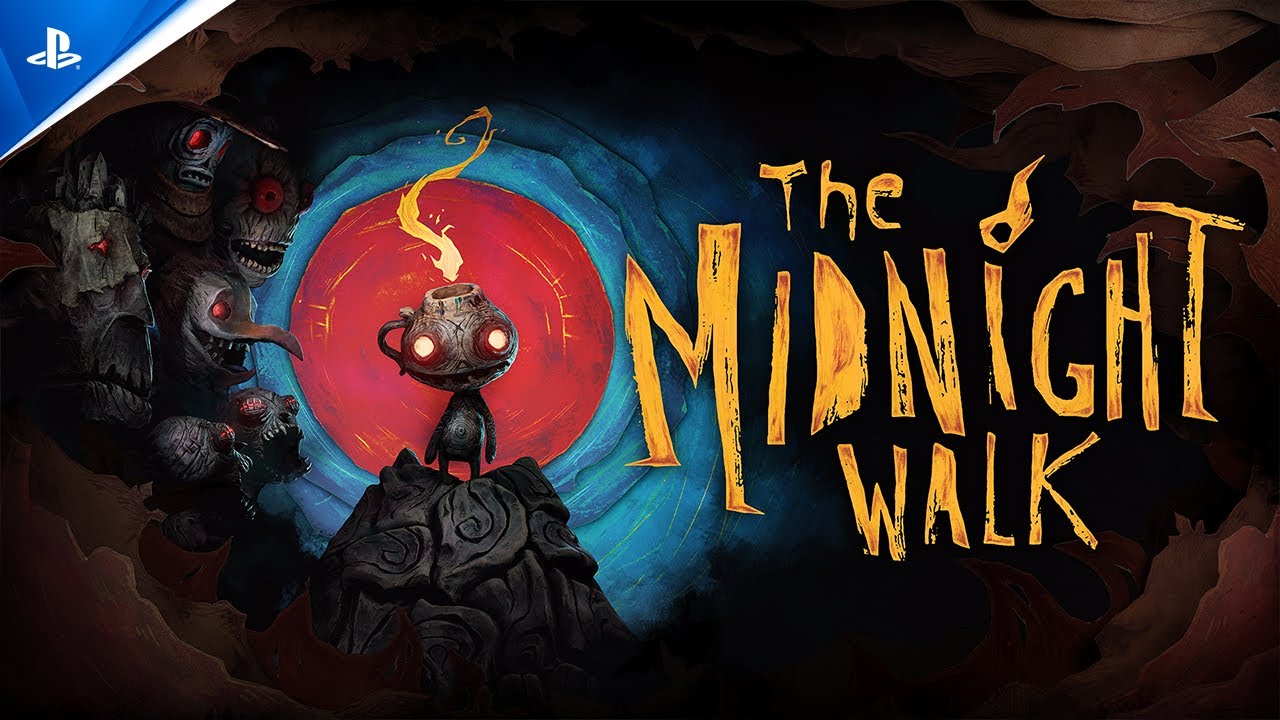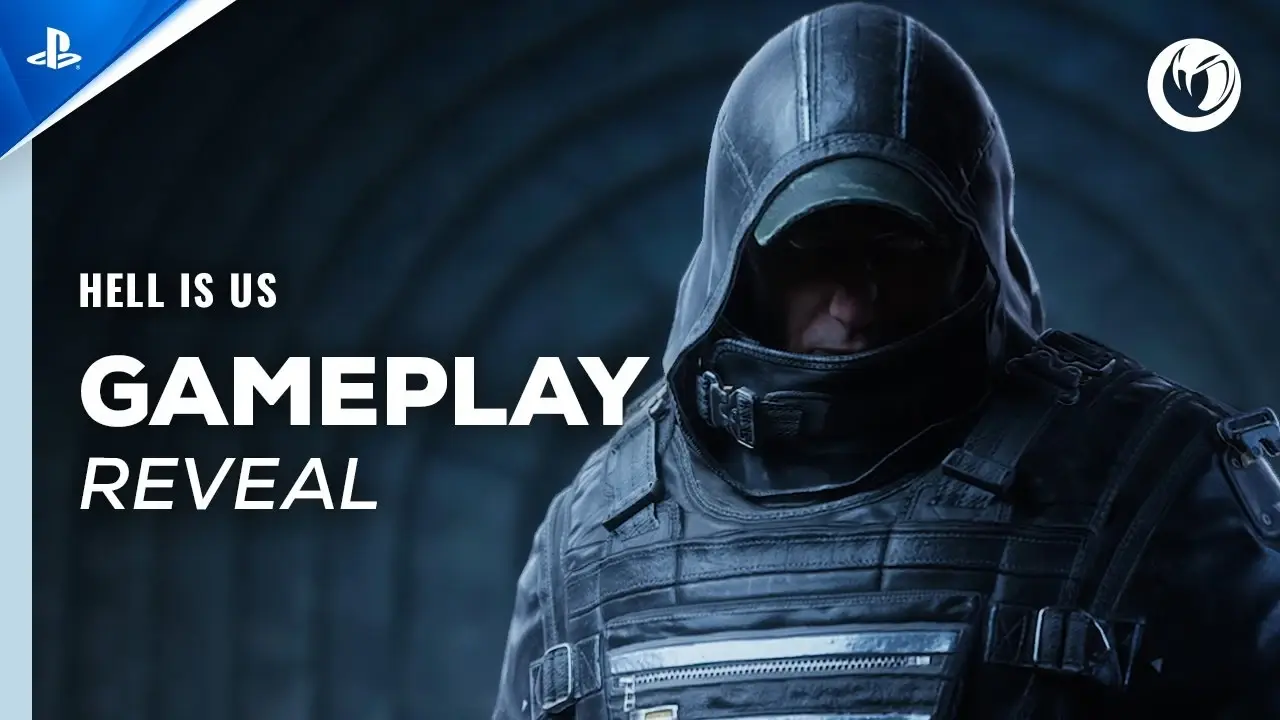A nice article. I share the author’s dislike of Antifa techniques and behavior and also see it as not constructive. Counterproductive, but in no way terrorist. However, this designating of Antifa as a terrorist organization allows them to take any form of dissent and claim it is Antifa, in effect turning any form of protest into a crime. Nasty stuff, literal forced radicalization so that any form of opposition can be characterized as crazy, violent and dangerous for the rest of the population, which is almost never actually the case.
- 71 Posts
- 339 Comments

 1·21 days ago
1·21 days agoTelltale was severely mismanaged. They expanded way too quickly and created incredible amounts of debt based on the idea that all their games would be as successful as The Walking Dead. I do believe that there is a place for episodic adventure games, just with a small enough scope and expectations.

 2·1 month ago
2·1 month agoYou can read it if you add archive.ph/ in front of the link (replace the www with it). It really is a well written article. I also don’t like paywalls, but I like good journalism and as they are still figuring out a way to earn money on the web I also understand their choice for these types of strategies.

 3·1 month ago
3·1 month agoThere is a difference between telling and putting videos on the internet of you masturbating.

 6·2 months ago
6·2 months agoIn Belgium publishers are obligated to send a single copy to the national library, so in that case the only public funding that is wasted is the extra storage space, which would be rather minimal. I don’t know if Japan has similar rules, but I wouldn’t call it a “massive” waste compared to some other places where public money is spent.
I studied some courses on archival, so I am probably biased. I think preservation is important, and even in this case I would prefer for them to be archived too, as the box and box art are also part of the piece and of cultural significance.

 13·2 months ago
13·2 months agoThis just makes me so incredibly sad. I don’t know how it is in other countries, but here in Belgium, and by extension some of Europe, the public is becoming more and more aligned with the Palestinians and even governments are starting to stir. It’s just so fucking sad that it has to take so many lost lives and homes before anything gets going…

 13·2 months ago
13·2 months agoThey are just posting the article headline, direct your anger to the BBC and not this kind soul taking the time to share it.

 7·2 months ago
7·2 months agoThis is a great question! A few from the top of my head:
The original Assassin’s Creed: I would never have the patience to play something like this on my PC. It is too repetitive and basic for me to enjoy while the rest of my PC is available. On Steam Deck though, I loved playing this in bed as a way to turn my mind off and just enjoy a simple story / game. I had a similar experience with the 2008 Prince Of Persia reboot. I 100% completed both, something I would never do on PC or TV console.
Undertale I also enjoyed way more during my second playthrough on Steam Deck. I think it has something to do with being fully immersed and again, playing from the comfort of my bed.
Also Slay The Spire, I got reasonably into it on a pirated copy on PC, then played it for hundreds of hours on the switch, then finally got a steam deck and it was the first game I bought for it, now sitting at 700h on Steam alone. So I went from piracy to actually owning the game twice :).
Any visual novel like Steins;Gate, Zero Escape series, Danganronpa… I would never be able to complete these games on PC or console.
What I notice, is that longer games mostly only work for me portably, because of the way you can sneak in extra hours on a portable machine. Time spent playing on TV or PC is always quite scheduled, and I often feel like I don’t want to waste it on a single experience for too long.

 4·2 months ago
4·2 months agoI find this so strange, because it is often the friction / mystery that compels me to keep playing. See Blue Prince, Sifu, Soulslikes, Outer Wilds…

 2·2 months ago
2·2 months agoI have a playthrough going on of Bravely Default on my 3DS, but I got stuck on a difficult fight and never finished it. I wonder if I should go back, but it’s been a while and I’m unsure if I remember the story.

 5·2 months ago
5·2 months agoWhile I do agree with a lot of the points made in the article, most of them seem rather basic stuff that everybody has been talking about since AI has started to rise. The tool isn’t necessarily the problem, it’s the capitalist incentives for which it is created and used that drive us further towards dystopia. I found it rather funny to read a former exec criticizing capitalism. I wonder what he’s up to now?
Also, both the year 2027 and the timespan of 15 years seem confidently pulled out of his backside :).

 1·2 months ago
1·2 months agoThis is such a measured response, I love you for it!
This is quite an old video, and lately he’s been working on his communication issues. He fully admits that he’s been a dick many times. This all escalated a couple of years ago where he even took a few months off and focussed solely on getting this fixed and getting help I believe.
Not to say he’s perfect now, but I don’t think we’ll ever get this sort of catharsis from Elon, Trump, Bezos…

 2·3 months ago
2·3 months agoI am going to sound super mainstream, but the only album of 2025 that I have listened to multiple times is Hurry Up Tomorrow by The Weeknd. Not his best work, but still a great ride with some absolute bangers.
I mostly listen to older music or am late to the party with more recent stuff :).

 5·3 months ago
5·3 months agoHey! This is a really fun topic, hope it’s OK for me to give the perspective of someone who (at the moment :P) identifies as a straight, cis man.
I joined beehaw because it felt like a super nice and safe space, not just for queer people, but for anyone looking for a kinder internet. I’ve always felt a strong connection though to queer people and we often get along really well. I think it has to do with the fact that, even though I still identify as a straight cis man, I don’t really fit into the stereotype well. I hate macho culture, I am often very passionate and emotional, don’t like “mens” talk etc. I also have some mental issues which make me “different”, and in that sense I feel like we share a similar feeling of “not fitting in”, be it for different reasons. Accepting yourself and others for who you really are seems like a central idea in a queer-friendly space, and this is stuff that can help anyone as everybody has something about them that is different or goes against the grain.
I do feel that I am more open to my own possible queerness. I still identify as a man and am attracted to women, but there are moments where I can really appreciate a beautiful man too. Where I would have brushed over something like that in previous years, now I quite like it when I notice it and enjoy the experience. Even though I haven’t yet actually felt physical attraction, I like that there is a part of me that is able to enjoy this too.
Tied with The Outer Wilds as my favorite game of all time.

 3·3 months ago
3·3 months agoI would love some extra sources for this. A quick reading of the article makes me understand that the researchers have a lot of confidence in the correctness of the AI gradings of policies, which I have my doubts about.
The article worries about the fact that the energy policies score worse than expected, but this assumes that these scores are valid in the first place. There is lots of interesting research happening in trying to use AI for varying problems, but in each case results go from bad to promising, but never outright certainty. The fact that this article almost immediately gives the vibe that the AI results are trustworthy and a valid and desired alternative to the slow human analysis really rubs me the wrong way.

 3·3 months ago
3·3 months agoI was playing Peak with my friends groups and one of us suddenly just said: “Is this the golden age of online Coop multiplayer?” And I have to agree.
We’ve been playing together for around 10 years. We’ve played legendary games like Left 4 Dead 2, Vermintide 2, overcooked 2, Portal 2 (a lot of sequels in this list), but lately had to search harder for similar quality experiences. Then we bought and installed Lethal Company on a whim and from the first second we were having so much fun. Something about the first person camera combined with directional voice chat makes this game incredibly immersive. We almost never roleplay, but in this game it only took a few minutes for us to start inhabiting our characters and screaming / joking as if we were them.
After playing this for tens of hours, our eye fell on R.E.P.O., a game with a similar conceit and fantastic reviews, and the added bonus of moving mouths. We took the jump, and again it was a slam dunk. Just checked and have been playing it for 18 hours already, and it seems like we just started. A similar feeling was had with Peak.
What all these games share, is an incredibly well designed gameplay loop that leaves enough freedom and space for creativity while still giving you a clear goal to work towards. In all cases everything is extremely immersive and tactile, forcing each of you to become your character in a way that other games fail to achieve.
They might seem basic or simple, but each successful case is so because of extremely intelligent design decisions. We’re looking forward to the new innovations still ahead of us in this space!

 4·3 months ago
4·3 months agoYes, just default Mineclonia as I am totally new to this game and scene. Just wanted something fun to do with my server as me and my friends stopped playing Valheim :).





Did you ever give Slay the Spire a go? I was also quite sceptical about roguelikes, but now it is by far my most played game ever at a whopping 600 hours.
The beauty of it is that it is quite easy to understand, but with an incredible amount of depth to it. You’ll start out having trouble winning your first ever run, but that’s when the fun begins. There are 4 characters, each with their play style and cards, and there are 20 ascensions to unlock, each being a more difficult version of a standard run. In the end, you’ll gain such a deep understanding of the balancing and tradeoffs at play that you can’t not be amazed at this achievement in game design. Baalorlord is a great YouTuber and Twitch streamer who is also one of the best players in the world. He was able to do a consecutive winstreak of 20 wins on the highest ascension, showing that this game is RNG based but has a tremendous amount of skill involved too.